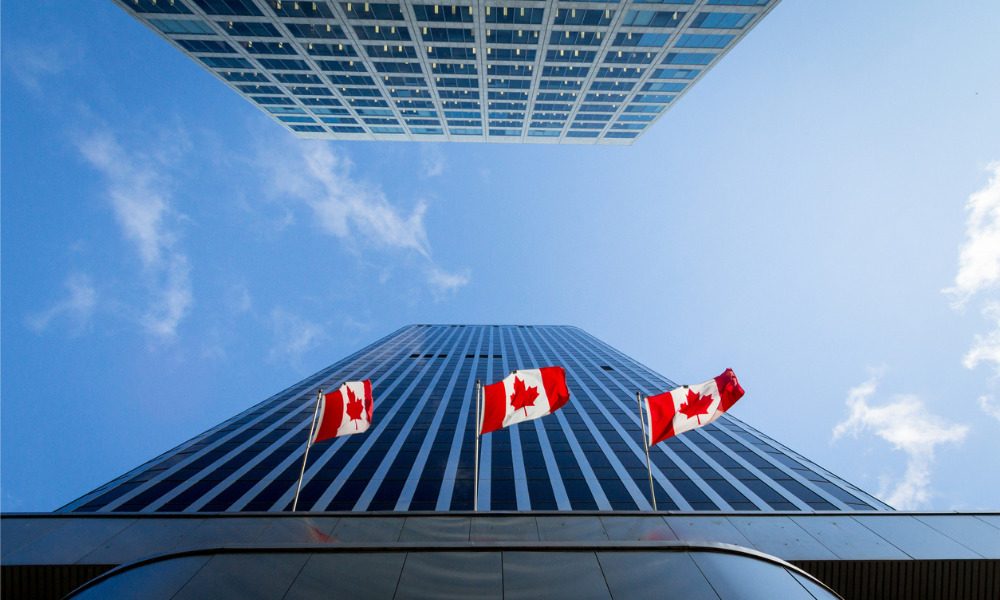Poll reveals Canadians’ neutral to negative perception of economy as well as personal finances

It was only this week that the Bank of Canada decided to cut interest rates by half a percentage point, with BoC Governor Stephen Poloz citing a need to address immediate risks posed by the global coronavirus outbreak. But even before that, observers have been pointing to indicators that the country’s economy is vulnerable — a view shared by almost half of Canadians.
According to the Economic Outlook 2020 report recently released by Pollara Strategic Insights, which conducted a survey of over 1,500 adult Canadians in January, 47% of respondents feel the economy is in recession. That’s compared to 37% who feel the country is in a period of growth.
“Negative perceptions of the economy are found across all provinces/regions, with the exception of Quebec,” the report noted. Those who perceive a recession are much more likely to see it as mild (41%) rather than a severe one (6%), though the majority expect there psychological recession to last 1 to 2 years (41%) or longer (23%).
The survey also found that 62% of Canadians feel at least one negative emotion about the economy, compared to 36% who feel at least one positive emotion about it. The top negative emotional associations cited were “worried” (44%), “pessimistic” (28%), and “resigned” (22%), while the top positive feelings were “optimistic” (21%), “calm” (20%), and “confident” (16%).
With respect to the next 12 months, Canadians exhibited a neutral-to-negative outlook for the national economy and employment, with 38% maintaining that the economy will worsen. Views of the U.S. economy and the global economy were more bearish, with 43% foreseeing worse days for the States and 44% having the same sentiments for the world.
Respondents were also asked for their views of their own financial situation overall. “Despite the largely negative sentiment associated with the economy, Canadians display mixed emotions regarding their own personal finances,” the report said. While 58% said they feel at least one negative emotion — including a 43% plurality who said they were “worried” — 52% cited at least one positive emotion.
Speaking to their overall personal financial situation over the past few years, just over half (53%) of all those surveyed said they are holding their own, nearly a third (32%) said they are losing ground, and 12% said they are getting ahead.
And when comparing Canadians’ household income and their costs of living, 41% said their income is rising in pace with their expenses, 45% said costs are rising faster than their earnings, and only 8% expect their income to outpace the cost of living.



